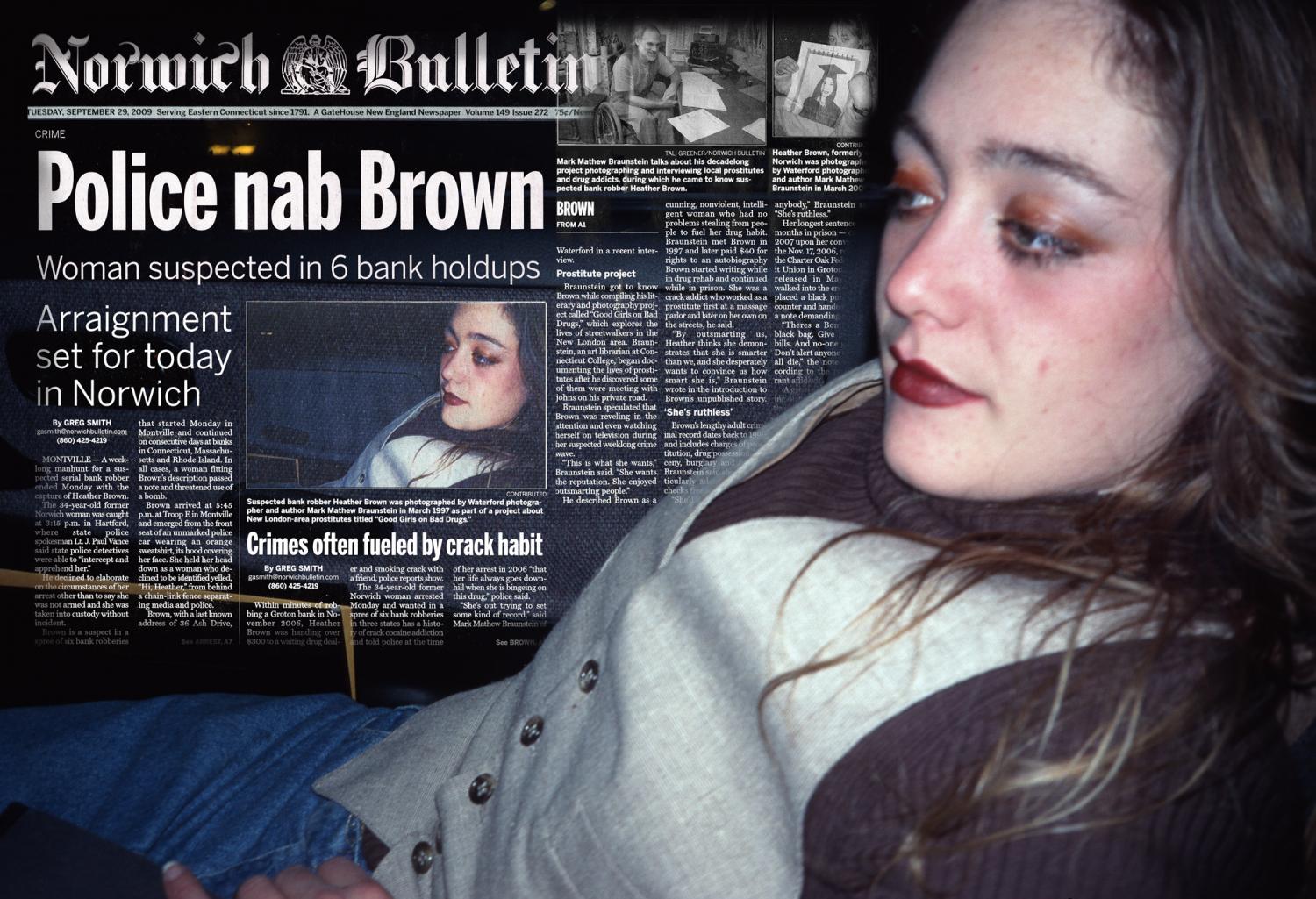

"Years ago I had a woman on my show who was talking about drugs and how she was addicted to her boyfriend and I had used drugs in my 20s with this boyfriend and I was more addicted to the boyfriend than I was to the drugs," she revealed. "I have seriously thought about it."Īlways candid, in the past Oprah has divulged painfully private secrets for the first time on-air and she told Billy about the hardest one.


"I go to Africa at least twice a year and every time I go, I have kids over there that I sponsor, so I'm sort of their adoptive mother and I've been wrestling with whether I should bring them back," she said. And though she has none of her own, she has given thought to adoption. Part of Oprah's inspiration comes from children. What would serve the greater good is to be able to empower somebody else to do it in their own life," she candidly replied. The authors discuss some psychological, pharmacological and cultural aspects of these findings.
#Crack addiction interview crack
That wouldn't serve the greater good because that would make it all about me. Most of the subjects (68, or 17 individuals) ceased to use crack and reported that the use of cannabis had reduced their craving symptoms, and produced subjective and concrete changes in their behavior, helping them to overcome crack addiction. You can watch an interview with Lima and Amanda's father below."I don't think it would serve the greater good for me. It is believed that, in combination with the physical damage caused by her long-term drug use, she passed away from the Traumatic Brain Injuries (TBIs) she sustained as a result of multiple violent rapes and beatings she endured as a young homeless woman living on the streets of Los Angeles." The message continued, "While her death is still under further investigation (we are awaiting the results of the autopsy), foul play, self-harm and relapse have all been ruled out. On May 9th, 2021, Amanda passed away in her sleep in residential treatment prior to her release to outpatient care," Lima wrote on the GoFundMe. Unfortunately, the physical toll mental illness and addiction can have on the body is something we have no control over. We changed Amanda’s life and showed the world that no matter how far you have sunk into your mental illness or addiction, recovery is possible. "It is with a heavy heart that I share with you, Amanda has passed away. Lima Jevremović, who worked with Amanda for the past year, shared a message about her death and answered some questions people might have about what happened.Ĭlick inside to find out what was said.
#Crack addiction interview update
Just last month, the below update video was shared on the YouTube channel. About three minutes into the discussion, Kimmel jokingly ran through Lindell’s life story. The reputative abuse and trauma and her inability to escape from the dangerous and toxic environment lead her to a destructive path, that like too many, she could not afford to escape." At the top of the 18-minute interview, Lindell briefly discussed his experience with crack addiction. Her father, had tried to take her into treatment but she was denied care because the staff said she was 'too far gone' and they offered him grief counselling instead. These attacks were so barbaric that Amanda had lost all of her front teeth. Her recovery process was documented on the YouTube channel.Ī GoFundMe for Amanda said that she "had been brutally raped and severely assaulted daily as a young homeless women living on the streets of LA's infamous Skid Row. Biden began drinking socially as a teen, and began smoking cigarettes and occasionally using cocaine in the early nineties while a student at Georgetown. A woman named Amanda who was featured as a subject on the YouTube channel Soft White Underbelly has sadly passed away at the age of 25 after her battle with addiction.įor those who don't know, Soft White Underbelly is a channel started by photographer Mark Laita, who conducts interviews and snaps portraits of the human condition.Īmanda was a recovering crack addict and began her recovery at the beginning of 2020. In an interview with The New Yorker last June, Hunter Biden spoke about his battle with addiction.


 0 kommentar(er)
0 kommentar(er)
